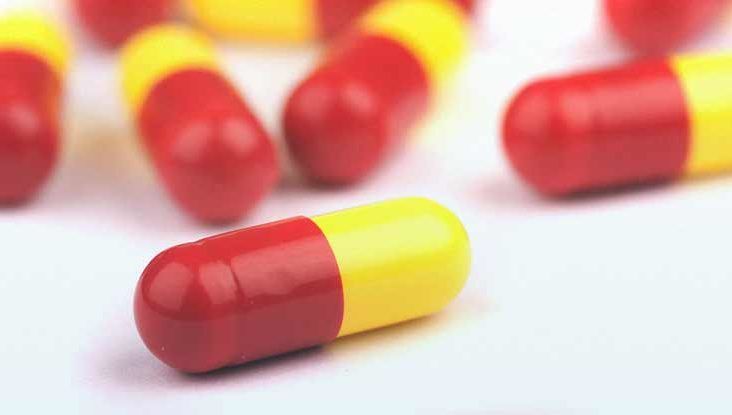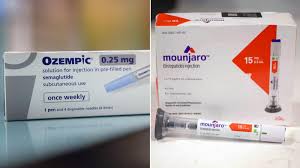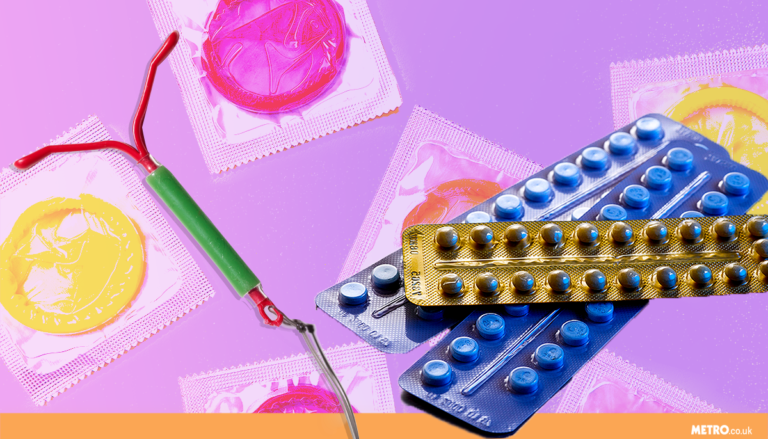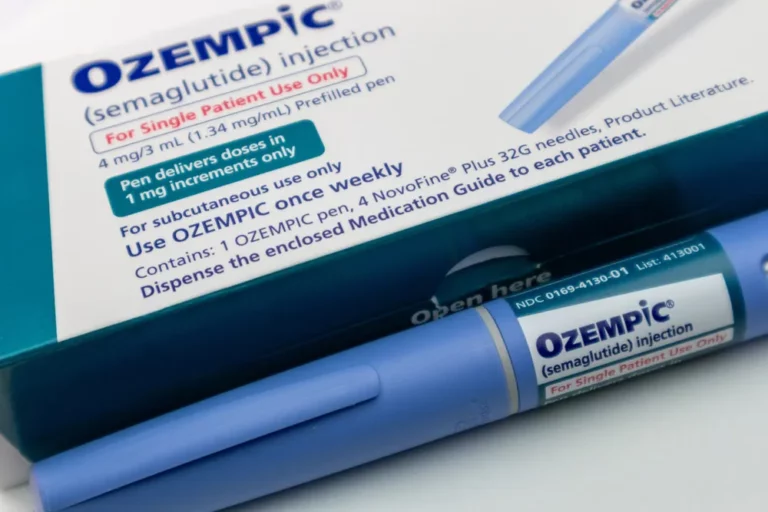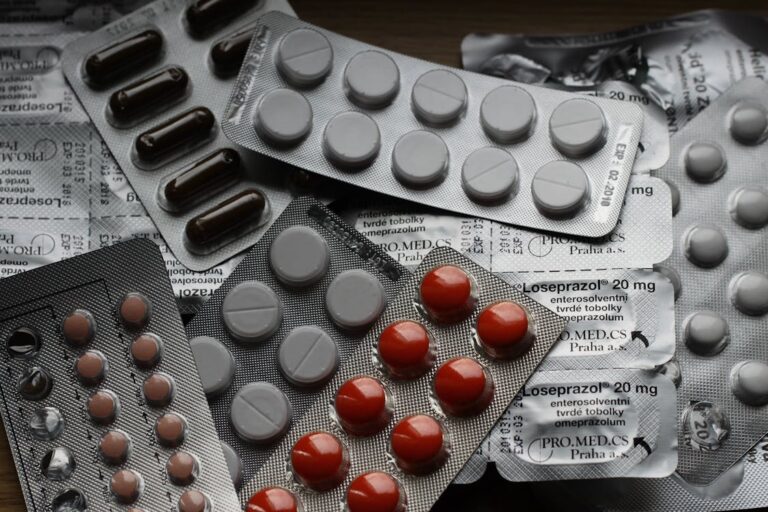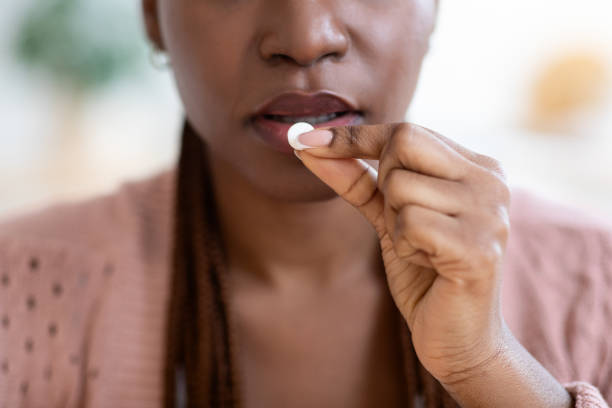The Shocking Truth About Your Antibiotics: They Might Fail You Soon
There is something quietly happening to your antibiotics, and most people will not realize it until it is too late.
You might think you are doing the right thing. You feel sick, go to a nearby pharmacy, ask for something strong, and get handed antibiotics. You start taking them and feel a little better. Then you stop. No tests. No prescriptions. Just pills.
This routine might seem harmless, even normal, but it is doing real damage. The truth is, antibiotics in Nigeria and around the world are slowly becoming different from what they used to be. Why? Because of how we are using them without proper knowledge, caution, or care.
It is not just a healthcare crisis. It is a public risk. And if we do not change our habits soon, there may come a time when antibiotics stop working completely, even for the most minor infections.
This blog will help you understand exactly why that is happening, how it affects you directly, and what you can start doing right now to avoid becoming part of the problem.
What Are Antibiotics Meant For?
Antibiotics are medicines designed to kill or stop the growth of bacteria in the body. That is their job. They treat infections caused by bacteria, not by viruses. This is one of the biggest misconceptions out there.
If you have a bacterial infection like typhoid, a urinary tract infection, or certain cases of pneumonia, antibiotics can be life-saving. But if you are treating a viral infection like the common cold, catarrh, flu, or COVID-19, antibiotics will not help you at all. In fact, they will do more harm than good.
Many people do not know the difference between bacterial and viral infections. So they treat everything the same way. Fever? Take antibiotics. Sore throat? Use antibiotics. Diarrhoea? Go to the chemist and buy “Flagyl.” Unfortunately, these habits are what fuel a much bigger problem called antibiotic resistance.
Nigerians Are Misusing Antibiotics Without Even Realising It
In Nigeria, antibiotics are everywhere. You can walk into almost any pharmacy and buy them without a doctor’s prescription. Many people believe they know what to take because it “worked last time.” But treating yourself with antibiotics based on assumption is dangerous.
One of the most common mistakes people make is using antibiotics for illnesses that are not bacterial. You cannot cure malaria with antibiotics. You should not treat a cold or catarrh with antibiotics. Yet these are the very reasons many people take them.
Another serious issue is not completing the dosage. You start feeling better after the second or third day, so you stop taking the rest of the medicine. What you do not realise is that the bacteria may still be alive in your body. The ones that survived the half-dose become tougher and more resistant the next time.
People also share antibiotics with friends or family or use leftovers from previous illnesses. That is like guessing which key will open a lock and forcing it. Sometimes you get lucky. But often, you just make things worse.
All these habits may seem minor. But when they are repeated daily by millions of people across the country, they add up and the result is a national health crisis waiting to explode.
What Is Antibiotic Resistance and Why Should You Care?
Antibiotic resistance happens when bacteria change and become stronger than the drugs meant to kill them. These super-bacteria are harder to treat, more expensive to manage, and more deadly.
The more we misuse antibiotics, the faster bacteria learn how to survive. They adapt. They fight back. And soon, the drugs that used to work do nothing at all.
This means that:
- Your infection may not go away, even after taking antibiotics.
- You may need stronger, more expensive medicine.
- You may have to spend more time in the hospital.
- You can pass on resistant bacteria to your loved ones.
- In the worst case, a simple infection could become fatal.
Antibiotic resistance is already happening in Nigeria. Hospitals are seeing more patients who do not respond to regular treatments. Infections are turning into dangerous illnesses everyday. And the cost of healthcare continues to rise.
You might think this is only something that affects sick people or those with serious infections. But that is not true. This problem affects everyone.
Imagine you get a small cut that gets infected. You go to the hospital and get antibiotics. But the medicine does not work. The infection spreads. You are in pain. You are frustrated. You are scared. You now need a stronger drug that costs five times more and it might still not work.
That is what antibiotic resistance looks like in real life. It does not announce itself. It just shows up quietly and turns something simple into something dangerous.
And guess what? You might have helped create that resistance, without even knowing it.
How You Can Help Protect Yourself and Your Community
This might sound scary, but it is not hopeless. There are things you can start doing today to stop this trend and protect your health in the long run.
First, stop treating yourself with antibiotics unless a doctor tells you to.
You are not a doctor. You cannot see bacteria with your eyes. A fever does not always mean you need antibiotics. Only a proper test can tell what is really wrong. If you feel like you need to get medications, confirm first with the pharmacist at Mariam Grey Pharmacy here to get recommendations most suitable for you.
Second, always complete your prescribed dose.
Even if you feel better halfway through, finish your medicine. The bacteria in your body need to be completely wiped out, not just weakened.
Third, never share your medicine with others.
Every person and illness is different. What worked for you might not work for someone else. Giving someone your antibiotics is not helpful. It is risky.
Fourth, ask questions when you visit the pharmacy or hospital.
If your doctor does not prescribe antibiotics, do not get upset. Ask why. Learn the difference between viral and bacterial infections. The more you know, the better choices you will make.
And finally, practice good hygiene.
Clean hands, safe food, clean water, and proper sanitation prevent a lot of infections. When you do not get sick, you do not need medicine. Prevention is always better than treatment.
Future of Antibiotics Is in Your Hands
Antibiotics were once considered miracle drugs and they still are. But we are quickly losing that miracle because of careless use.
If we keep using antibiotics like paracetamol, we will get to a point where nothing works. Imagine living in a world where a small infection cannot be treated. That world is not far away.
But the good news is that you have the power to help stop this from happening. All it takes is better choices. A little more awareness. A little more patience. And a lot more respect for the medicine that has saved millions of lives.
The next time you feel unwell, take a moment to pause and ask yourself, “Do I really need antibiotics, or am I just doing what I am used to?” That one question might just protect your health and save someone else’s life too.

